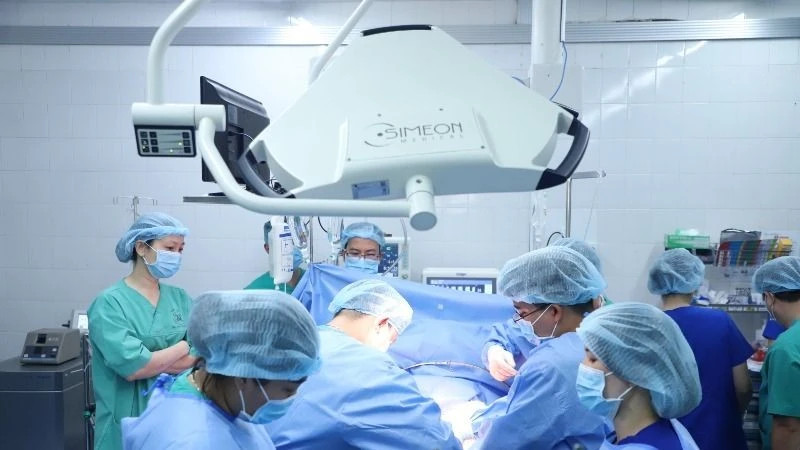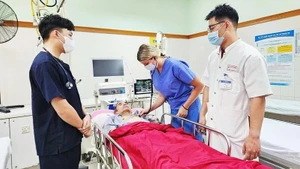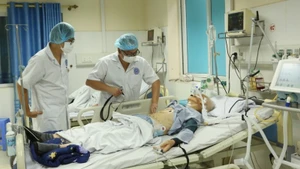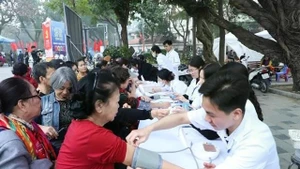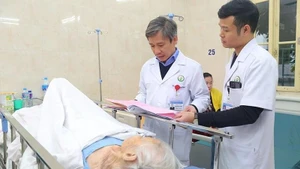According to the National Coordination Centre for Organ Transplantation, Vietnam recorded 14 brain-dead donations per year from 2022 to 2023. In 2024, the number rose to over 41, setting a record. The first three months of 2025 have already seen 21 cases, and experts predict that this number will likely surpass previous years.
Despite Vietnam having the highest number of organ transplants in Southeast Asia, the rate of post-mortem donations remains among the lowest. The demand for transplants continues to rise, yet organ shortages persist.
Thousands of patients are waiting for transplants, while two-thirds of brain-dead patients with donation potential are not registered due to low public awareness and ineffective communication efforts.
Policies promoting organ donation have improved, but critical gaps remain. There is no clear legal framework for counselling the families of brain-dead or cardiac-dead patients. Only a few hospitals have dedicated donor advocacy teams. Public campaigns, though increasing, still face cultural and ethical resistance.
Experts stress the need for specialised, well-trained counsellors to help families understand the humanitarian value of organ donation. Many countries integrate organ donation counselling into hospital systems, a model Vietnam should consider adopting.
The Ministry of Health is working to strengthen policies and create support mechanisms for hospitals and organisations involved in organ donation. Ensuring proper incentives and resources for donor advocacy teams is essential to sustainable development.
International experts recommend Vietnam enhance legal frameworks, public education, and medical training, while establishing a national donor registry to encourage wider participation.
